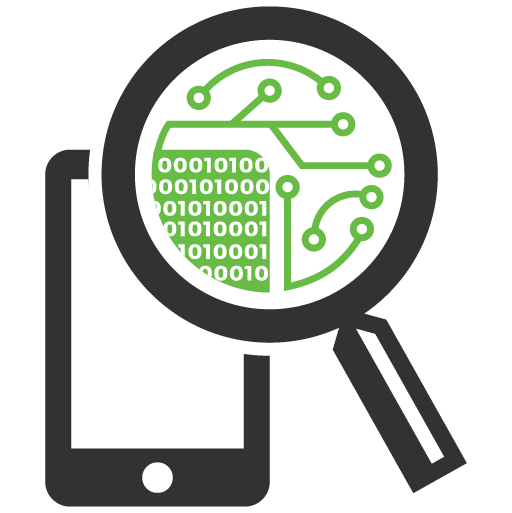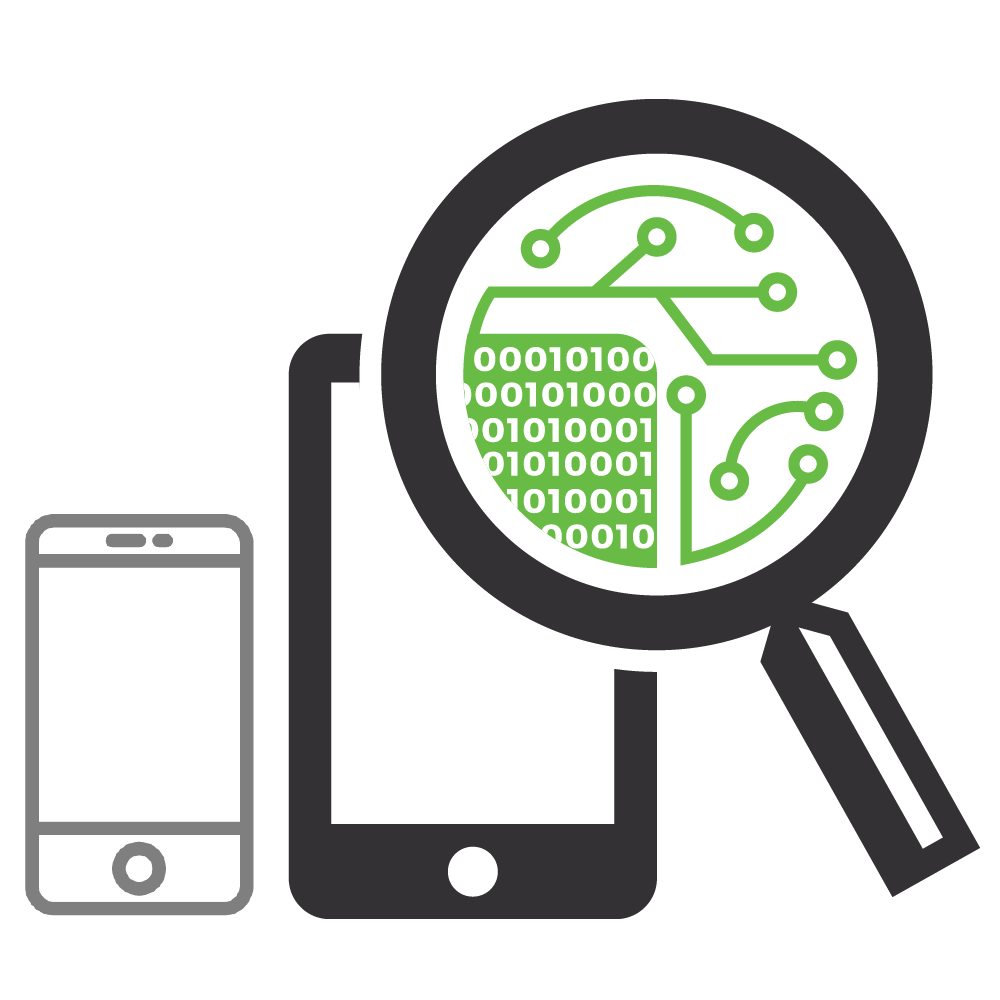assembly marketplace
Case Study
Used mobile devices have been bought and sold for years with limited IMEI-device-specific information. PrologMobile has believed since its inception that providing robust, device-specific data to all parties would have dramatic business improvements for all sides of the reverse logistics supply chain.
The problem has been performing an apples-to-apples comparison selling the same devices (make and model), on the same platform, at the same time, but with varying amounts of device-specific information. PrologMobile is now in the process of performing just such an experiment…and the results look promising!
This exercise is important because it can demonstrate the multiple, specific benefits that can accrue to an organization that utilizes device-specific data in their used mobile device processing process. Our goal was to both identify the effectiveness of the data as well as identify specific business metrics affected by this data’s use.

batch 1
One batch included only the data traditionally provided for used mobile devices.

batch 2
The other, of identical make and model phones, included access to various IMEI device-specific data points provided by PrologMobile.
This limited subset of PrologMobile data included:
-
- A range of Apple checks (FMIP, MDM, MPN)
- GSMA Blocked List check
- Carrier checks with AT&T, Verizon and T-Mobile for unpaid bills and other status data points

This A/B testing showed that PrologMobile data lifted important business metrics, as follows:
Financial metrics for the batches that included the device-specific data were noticeably better than for the batches missing this information.

%
Average Sales Prices (ASPs) increased 2% – 6% for the batches that included the extra data over the non-data-enriched batches

device
ASP increases resulted in device price increases from $12 – $30 per device, depending on batch

ROI
The batches that utilized the device-specific data had a 24 – 60x ROI as the data cost per device was only $.50
Auction listing engagement improved dramatically for the batches that included the PrologMobile data.

%
Bid volumes increased 43% – 150% for the batches showcasing the additional device-specific data (i.e., there were significantly more bids for the devices that had the PrologMobile data included in their listing)

%
Page views increased 12% – 24% over the other batches that did not include the device-specific data

%
Unique page views increased approximately 23% over the batches that did not include the extra content

%
Depending on the batch, time spent on page increased up to a whopping 367% for the listings that included the device-specific information
From these initial results, we can begin to conclude that including PrologMobile’s IMEI-based device-specific data for used mobile device listings can have dramatic, positive impacts on a company’s business results. We see dramatically increased engagement metrics such as an increased number of bids, increased page views, increased unique page views and sizable increases for time spent on site for the batches that included the additional content.
From a financial standpoint, users of this data can expect to see increasing ASPs in the range of 2% to 6% or more and large ROIs on the data purchased for device-specific information.


As only a subset of PrologMobile’s data was utilized during this initial experiment, future testing is likely to result in even more pronounced differences between the data enriched and non-data enriched batches. As buyers were only first exposed to this data, it makes sense that as more buyers become aware of this data, more will want to purchase this way moving forward, increasing competition and thus pricing. We can also begin to conclude that it is likely that this data can be effectively incorporated into any sales platform or marketplace globally and achieve similar results.

